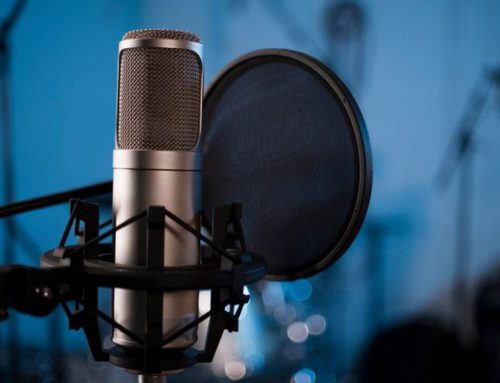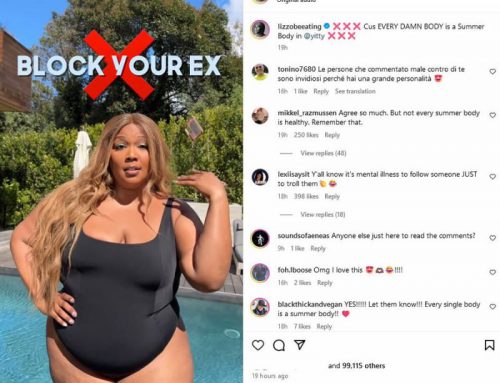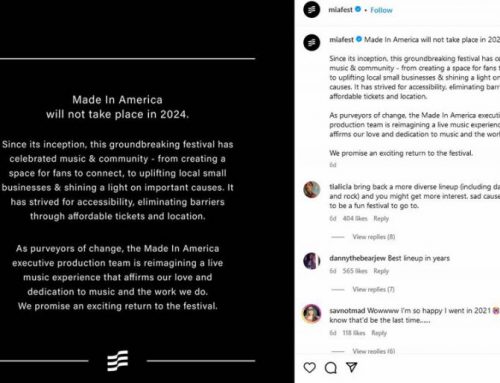Depression was a serious problem for the A-list journalist.
It was not a secret.
He freely admitted it.
After being exposed by the major hit piece, the depression quickly got much worse.
Right now, a wealthy friend of the journalist is footing the bill for a lengthy inpatient stay, which doesn’t allow the internet.
Yashar Ali
Chrissy Teigen
Chrissy Teigen’s bullying revelations demonstrate the problem with Twitter fame
The past month has been a disaster for Chrissy Teigen, with accusations of online bullying shattering her hyper-progressive and inclusive personal brand.
In May, model and TV personality Courtney Stodden spoke out in the Daily Beast, saying that Teigen tweeted about wanting them to take a “dirt nap” and sent private messages telling them to kill themself.
Teigen apologized in a Twitter thread, saying she was “lucky” to be held accountable and was “deeply sorry” for her comments. But more allegations of online harassment followed. Last week, fashion designer Michael Costello said he was left with “a deep, unhealed trauma” after he said he was bullied by Teigen in 2014. Following huge backlash, Teigen posted another lengthy apology on Medium but subsequently said the messages were fake. Costello maintains they are real. Despite the doubts cast on the validity of Costello’s purported DMs, many online have still turned against her.
It’s quite a fall from grace for Teigen, who was, until recently, a recognized voice of authority on progressive Twitter. But the fact that she was ever held in such high estimation by so many people betrays a worrying lack of collective judgment when it comes to how we perceive online personalities.
Last summer, the YouTube community faced a rude awakening as one of its most beloved figures, Shane Dawson, was shunned by everyone from fellow creators to mainstream celebrities as old content featuring blackface, sexual comments about children, and jokes about bestiality resurfaced. After 12 years on the platform and more than 20 million subscribers, Dawson announced he would be “taking accountability,” and hasn’t posted a video in almost a year.
Like Teigen, Dawson’s image crashed and burned when his fans suddenly felt like the persona they had associated with his name could be vastly removed from the behavior he displayed before he had such a public profile.
Twitter in particular, due to the volume with which many users post, and the extremely short lifespan of tweets, lends itself to elevating certain figures into superstardom with little context as to how they got to that point.
Just last week, an explosive profile in LA Magazine on media-Twitter superstar Yashar Ali (who is friends with Teigen) suggested that his hugely popular online image may be more curated than it seemed. Despite his insinuations that he’s “the scion of a wealthy Iranian family,” the article reported that he’s been “evicted from multiple residences, defaulted on several loans, and has racked up tens of thousands of dollars in tax liens.” One former colleague compared him to “The Talented Mr Ripley.” Followers, many of whom considered him to be a reputable news source, were shocked. – Source
The Curious Rise of Twitter Power Broker Yashar Ali
I’m extremely upset.”
Yashar Ali delivers this news as he settles into a booth in the lobby of Santa Monica’s Proper Hotel. His eyes are red and puffy—he’s clearly been crying—and his voice cracks with emotion when he speaks. Something terrible has happened, the death of a beloved friend, and Ali can’t help but spill his grief into my tape recorder as we start our interview. “He was just so resilient,” he says, sighing deeply.
The deceased, it turns out, is an orphaned elephant named Luggard, who, before he succumbed to a deadly infection, lived in a wildlife refuge in Kenya that Ali has been raising money for through his extremely influential Twitter account. “You can get people to care about animals if you help them realize that they’re just like us,” he says.
To his 800,000 Twitter followers, Ali’s aching sentimentality won’t come as a complete surprise. They know that this 41-year-old scourge of the internet—the political-operative-turned-social-media-muckraker who took down Sharon Osbourne, hobbled the cabinet chances of L.A. mayor Eric Garcetti, canceled food writer Alison Roman, and helped crush Harvey Weinstein—is actually a big softy. At least when it comes to elephants. And orangutans. But when it comes to everybody else who ends up in his Twitter account’s sights—A-list celebrities, media bosses, and politicians (especially the ones he’s become intertwined with personally and financially)—he’s a force to be reckoned with, emerging over the last five years as one of the most feared and powerful voices on the web.
Part investigative journalist, part gossip columnist, and part trusted confidante, Ali is a uniquely twenty-first-century media personality—an openly gay Iranian American convert to Catholicism who claims he attends Mass three times a week. He sends out an average of 60 tweets a day—a manic jumble of jokes, news bites, and gossipy commentary about politics, media, aviation safety, the royal family, Scientology, gay heartthrobs, wildlife preservation, and bath linens.
But his more barbed tweets have also made serious headlines, helping to topple not one but two Fox News anchors—Kimberly Guilfoyle and Eric Bolling (the latter was fired after Ali reported that he was sending dick pics to a colleague). His Twitter bombshells during the Mueller investigation made even Jared Kushner sweat. He’s so well-connected, he could reveal what former president George W. Bush really thought about Donald Trump’s inaugural speech (“That was some weird shit”). Such scoops have brought him serious cred: In 2019, he joined former president Donald Trump, Cardi B, and Alexandria Ocasio-Cortez on Time magazine’s list of the most influential people on the internet. Last year, he was invited by Twitter CEO Jack Dorsey himself to give suggestions to Twitter’s C-suite on how to improve the platform.- Source
Read more on these Tags: Chrissy Teigen, Yashar Ali










I believe this.